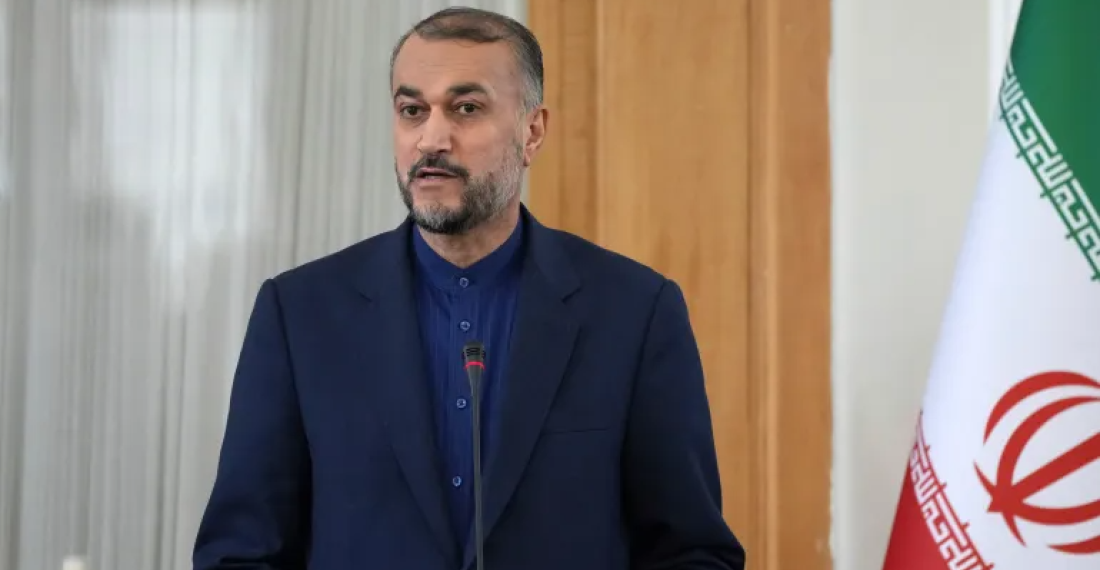Iran has summoned the Ukrainian chargé d'affairs in Tehran over comments made by a senior Ukrainian official about a suspected Israeli drone strike on an Iranian military facility late in Isfahan on Saturday (28 January).
According to Iran's defence ministry, three drones were involved in the attack about 23:30 local time on Saturday night on what Iran's official Irna news agency called "an ammunition manufacturing plant". Some reports have suggested that the facility in question was connected to the production of missiles, however.
The Iranian defence ministry said it had foiled the attack, with the facility suffering only "minor roof damage". The Jerusalem Post on the other hand reported on Sunday morning that the attack had been a "phenomenal success", citing Western and foreign intelligence sources.
Although Israel has not publically claimed responsibility for the strike, The Wall Street Journal also claimed on Sunday morning that Israel and Mossad - the national intelligence agency of Israel - were behind it, citing US officials.
Iranian Foreign Minister Hossein Amir-Abdollahian criticised the drone attack as "cowardly" and aimed at creating "insecurity" in the country.
"Ukraine did warn you"
The comments that led to the summoning of the Ukrainian chargé d'affairs in Tehran came from the senior advisor to Ukrainian President Zelensky, Mykhailo Podolyak, who tweeted on Sunday morning: "Explosive night in Iran - drone & missile production, oil refineries. Ukraine did warn you."
Back on 24 December last year, Podolyak warned Iran that its military-industrial complex may become a target of strikes, tweeting: "Iran, planning to boose missile, drone supplies for Russia, blatantly humiliates the institutions of international sanctions... Important to abandon nonworking sanctions, invalid UN resolutions concept, & move to more destructive tools – liquidation of plants, arrest of suppliers."
Iran's Tasnim news agency reported on Monday that the chargé d'affairs had been summoned because of Podolyak's "tacit acceptance" of Ukraine's participation in the attack.
Iran has acknowledged that it has sent drones to Russia to use in its invasion of Ukraine, but has insisted that they were sent before Moscow's invasion of Ukraine last year. Moscow has denied using Iranian drones, despite very many of them being photographed and recovered in evidence.






